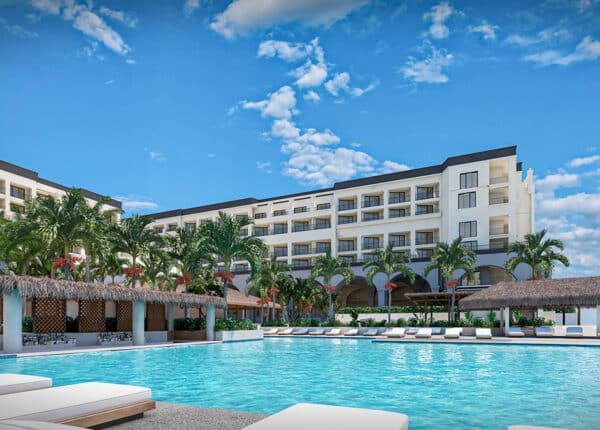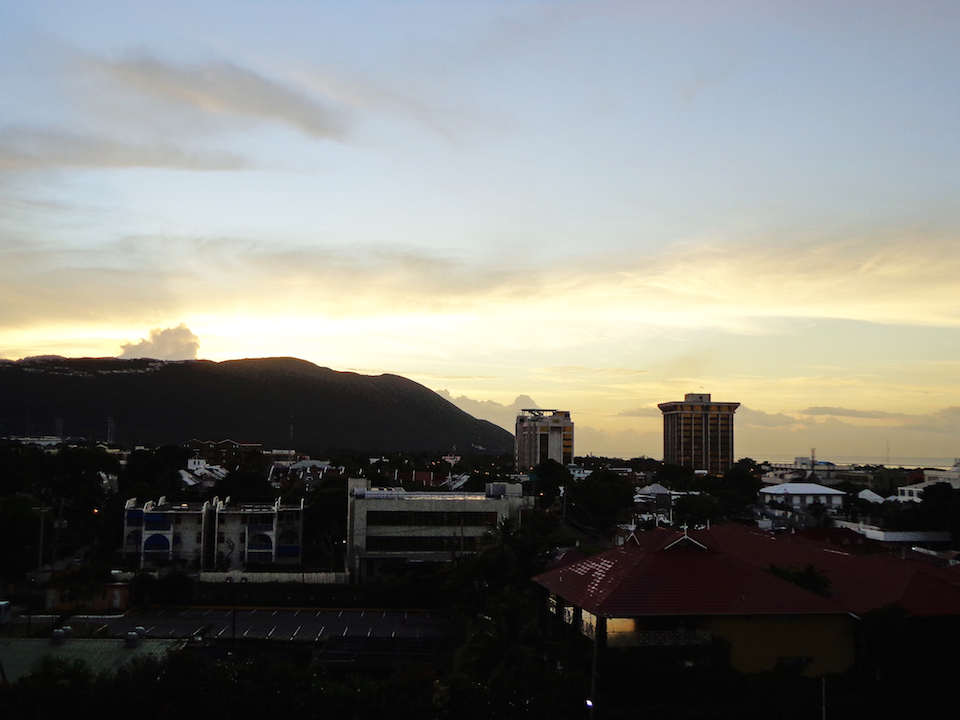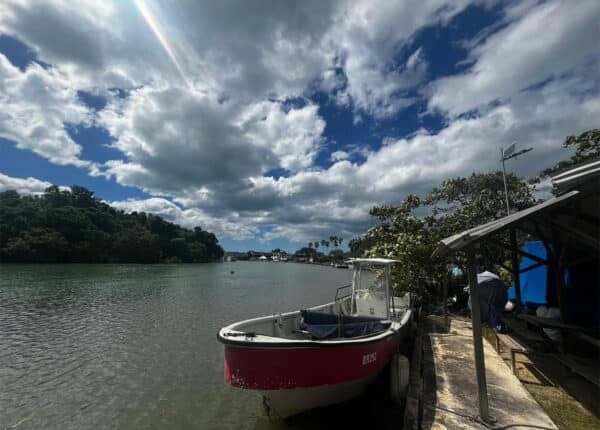By Dennis Chung
CJ Contributor
Last year I had set a goal to ride 7,500 miles on the bicycle, which I achieved. Discussing it with another cyclist, I was asked if that was my ultimate objective and if I would be increasing it this year (2016), to which my response was no because the real purpose of the goal was not to just ride 7500 miles for the year, but rather that was an initiative to achieve the greater goal, which was good health and to perform better on the bicycle.
Also, just recently, I posted that the philosophy that was adopted by Jamaica’s previous National Solid Waste Management Authority
board was good customer service and good corporate governance. This in itself is not the ultimate objective of the NSWMA, but what it does is guide the development of the initiatives needed to achieve the ultimate goal.
These two examples show that in order to achieve any ultimate objective, we must have carefully designed initiatives and a guiding philosophy.
So even though the initiatives and philosophy have been identified and are both critical to attaining the objective, the fact is that if you were just told the initiatives and philosophy guiding the initiatives, they would both be meaningless unless we are aware of what the ultimate objective is.
However, if we were to know what the ultimate objective is, then we could easily identify a philosophical framework and the supporting initiatives without being told.
So if I told you the ultimate objective of the NSWMA (as defined by section 4 of the NSWMA Act) is responsibility for the proper management and disposal of waste, then you could say to me that in order to achieve that I would need to have a guiding philosophy of customer service and governance. At that point I could then say, well, if I want to achieve that then I must look at the major risks to achieving that and then create my initiatives by order of priority.
This is the approach that the previous NSWMA board took, as the first thing the board did was to go to the NSWMA Act and ask what is our ultimate responsibility. That was able to guide our philosophy and coming out of that analysis we were able to identify Riverton and garbage collection as main risk areas and tackle those early.
For the past 43 years, Jamaica has been trying to achieve growth and development. We have heard many people talk about the need to grow the economy, and identify specific sectors — need for macroeconomic stability; need to reduce the debt to GDP ratio and reduce the fiscal deficit; and how critical it is to pass the IMF tests inter alia.
Vision 2030
It wasn’t, however, until Vision 2030 was developed and launched in December 2013, that we sort of created a guiding philosophy for our development. It was then that we finally decided that what we wanted for our development was to become “the place of choice to live, work, raise families, and do business”.
Until then Jamaica had no guiding philosophy for our development. Sure we knew that we wanted economic growth. We knew that we wanted to develop the country’s infrastructure. We knew that we wanted to reduce crime and indiscipline. We knew that we wanted to eradicate poverty. But to what end? And the fact is that if you don’t know where you are going, then you can take any road and you will get there.
But even though this philosophy (which I think is an excellent one) was developed, the truth is that it really has not been taken seriously by successive administrations, and seems to have remained an academic task with no desire for implementation. So there are a few persons monitoring Vision 2030, but the needed initiatives have not been tied in to the action by the country’s “board of directors”, which is the Cabinet.
So imagine if the NSWMA management identified a philosophy for the organisation, but it was not accepted by the board. Could it be achieved?
Last Tuesday, I accepted an invitation to interview some young people from a low-income community, in an attempt to identify what their skill sets and needs are. I thought it was important, even though I had a really hectic day, because I believe our young people need serious nurturing and guidance. I was happy to see that several professionals were there, and it was more encouraging because it took place at 7:00 pm.
Disheartening
But while speaking to some of these young people, just out of school, I was very disheartened. These youngsters were very ambitious and creative, but had a poor family background, had been abused, had produced children early, or had to drop out of school because they had no financial support.
One young lady of 18 was trying to make life better for herself, and wanted to go back to school, but had to drop out at 13 when her mother died and her grandmother could not afford to send her and two younger siblings to school. So she had to start hustling to help them. Immediately I thought to myself, what type of future does she have? Fortunately, she had no children and I pleaded with her not to do so until she was financially independent.
There were many stories similar to this, and it was obvious that they were very willing to improve themselves and at a time when they should have been enjoying their childhood but could not do so. I will definitely participate again.
This led me to think that even though we are talking about passing IMF tests, and nice terms like macroeconomic stability, the fact is that there is a significant part of our population that is just concerned about what they will eat tomorrow. Hence the disengagement we saw in the election turnout.
The fact is that our governance and philosophy is totally disconnected from what the ultimate objective of development should be – to improve the general standard of living for Jamaicans and ensure that all Jamaicans have an equal opportunity at success.
That is what governance should be about. Instead we focus on initiatives, and because we have not been able to define anything but initiatives we have not been able to see any meaningful development.
In other words, our leaders need to go back to basics and understand that the real purpose of growth and development should be about enhancing the lives and opportunities for the people. This is why the US has been so successful as a country, because their ultimate objective is improving the lives of US citizens, guided by the philosophy of government by the people and for the people.
Dennis Chung is a chartered accountant and is currently Vice President of the Institute of Chartered Accountants of Jamaica. He has written two books: Charting Jamaica’s Economic and Social Development – 2009; and Achieving Life’s Equilibrium – balancing health, wealth, and happiness for optimal living – 2012. Both books are available at Amazon in both digital and paperback format. His blog is dcjottings.blogspot.com. He can be reached at drachung@gmail.com.







